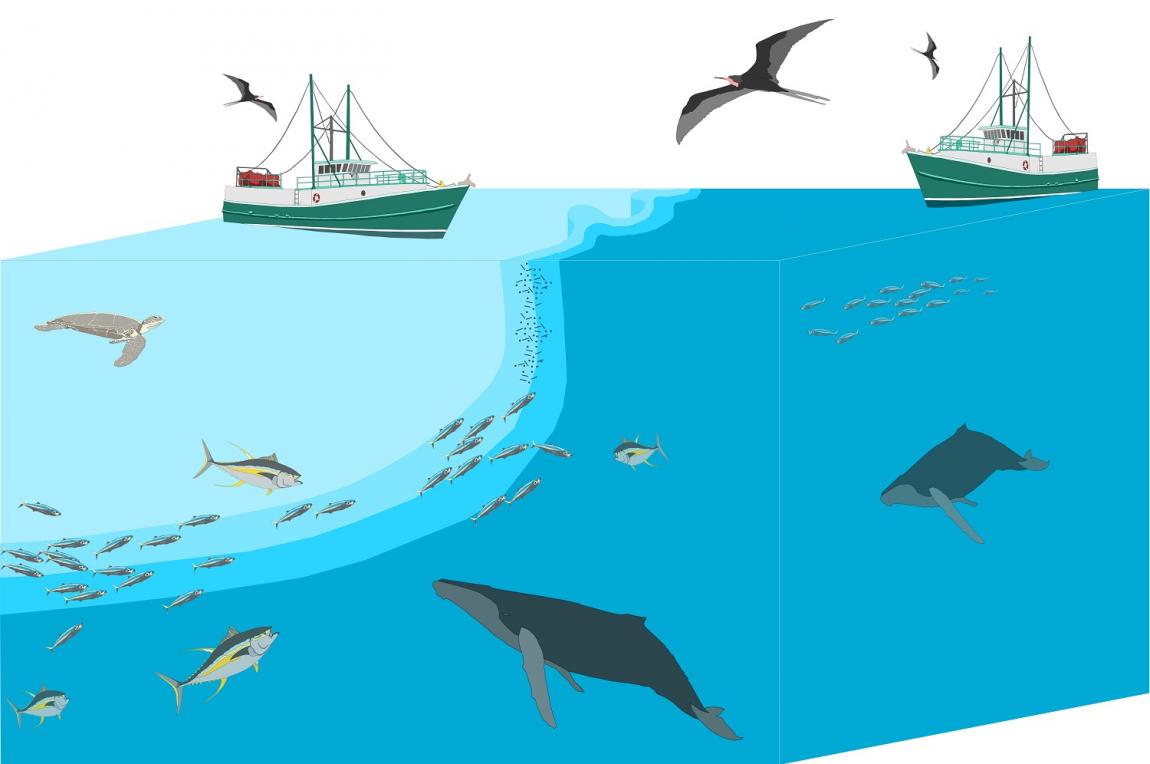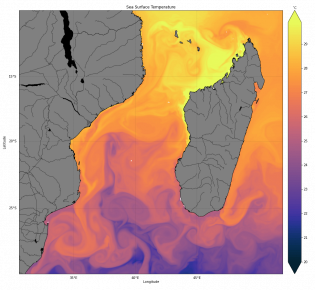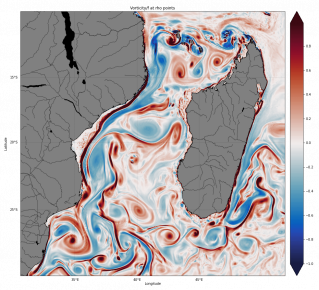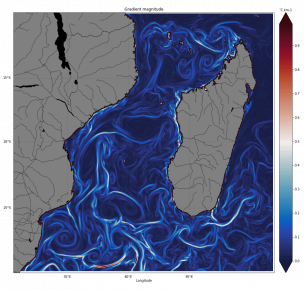 | 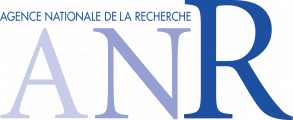 |
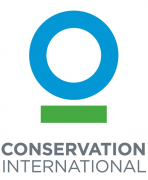 | 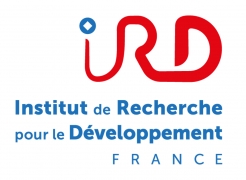 | 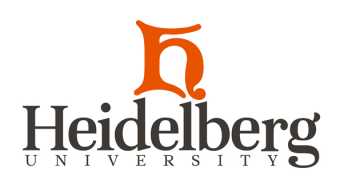 | 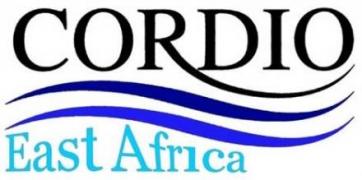 |
Managing Ocean Front Ecosystems for Climate Change
MIO PI : Vincent Rossi
Phd student : Floriane Sudre
Funded by: Belmont Forum through the ANR over 2021-2024
Who is in the OFC Team?
The OFC project gathers social, physical and natural scientists from Germany, France, the USA and Kenya, bringing expertise in fishery economics, ocean front identification and modelling, climate change, and sustainability science.
What do we do ?
Scientists are teamed up with tropical fishery and conservation groups to better design local sustainable solutions for ocean front ecosystems in a context of climate change.
Why is this important?
Tools already exist to study ocean fronts, and they suggest marine life and fisheries make use of them. However:
- long-term statistical descriptions of fronts in tropical regions are still lacking,
- coupled bio-physical processes at fronts remain poorly known,
- we still don't know much about front management,
- and how fronts will vary with climate change.
What are our objectives?
- to study ocean fronts in the Mozambique Channel,
- how they impact marine life,
- how these ephemeral ecosystems will vary in response to climate change.
How do we get there ?
- engaging fisheries and marine conservation stakeholders to better understand what is needed from scientists,
- assessing ocean fronts use by marine life and fisheries from ocean model outputs (ROMS-CROCO), satellite data and historical biological data,
- evaluating ocean front variability to climate change thanks to statistical downscaling of global earth-system models to force a regional ROMS configuration.
What is the projected output?
- We hope to derive management solutions that can be applied locally by our Mozambique Channel partners amongst fisheries and conservation organisations,
- These solutions could then be exported and adapted to other front-rich areas to improve ocean sustainability locally.
Scientific partners involved
- Development Research Institute (IRD, France), through several laboratories (MIO, LOPS, LEGOS and MARBEC),
- Conservation International (CI, US),
- Heidelberg University (HU, Germany),
- Coastal Oceans Research and Development in the Indian Ocean - East Africa (CORDIO-EA, Kenya).
The central Mozambique Channel and its coastal communities is our study area. The three figures are based on a daily average (December 1st, 2014) of a high-resolution (1/36°) ROMS-CROCO configuration (P. Penven).
|





